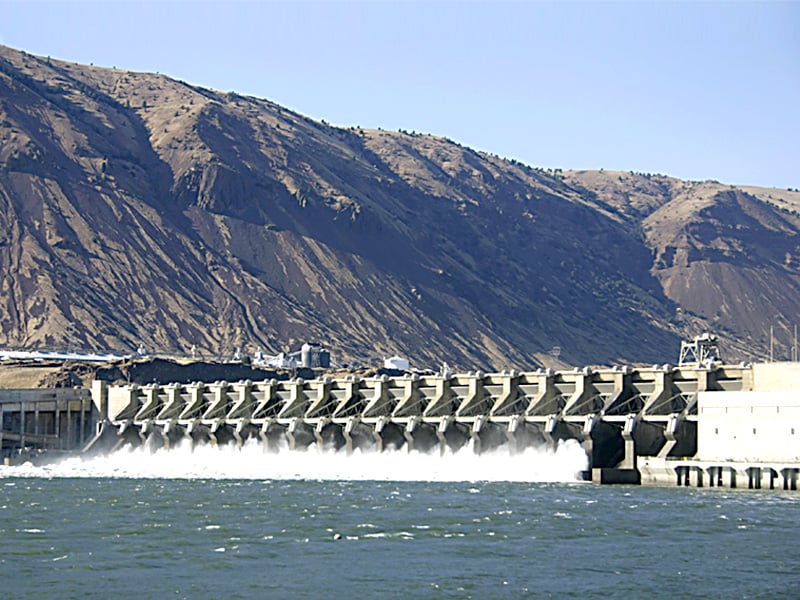When planning dams, the government has been recommended to take into account other energy-generating options and do due diligence in order to prevent difficulties like the displacement of local residents.

A study report that was made public on Thursday emphasized that there were other options for producing electricity and storing water besides dams. It was clear that different strategies could assist in preventing a number of externalities, most notably the uprooting of local communities.
At a ceremony in Islamabad, the report was made public. All dam ideas and projects need to go through a rigorous due diligence matrix in comparison to other proposals. The grid will support where to invest based on expertise,” the report recommended. Asghar Hussain, the co-author, emphasized the available alternatives, which include coal, solar, wind, and other fossil fuels.
During the event, Dr. Abbas, a well-known specialist on water, brought up the topic of displaced communities and their impact on the climate, ecology, and geology to a roundtable discussion of attendees.
He said, “Pakistan lost a net of more than $200 billion because of its external costs, which the relevant government departments and international lending agencies like the World Bank do not take into account. Instead of making any money from the Tarbela dam.”
Quaid-e-Azam University researcher Dr. Ahsan Kamal echoed what Dr. Abbas had said. “The World Bank estimates that over 15 million people have been displaced from the Indus Delta, which is one of the most devastating effects of hydropower projects in Pakistan.”
Additionally, the attendees heard from members of the communities impacted by the Tarbela, Neelum-Jhelum, and Dasu projects. They stated that neither their losses nor the government’s consultation occurred prior to the projects’ construction on their ancestral territories.
Imtiaz Hussain Balcoh, the director of the National Electric Power Regulatory Authority (Nepra), Senator Humayun Khan Mohmand of the Pakistan Tehreek-e-Insaf (PTI), and Shahid Hamid, adviser to the Water and Power Development Authority (Wapda), were also present at the occasion.
They defended the hydroelectric initiatives by pointing out that there were expenses and advantages to the development projects. They emphasized that these kinds of programs had to be implemented only when the advantages outweigh the drawbacks.
They contended that the country’s economic and agricultural prosperity would not have been feasible without the hydroelectric projects.










































